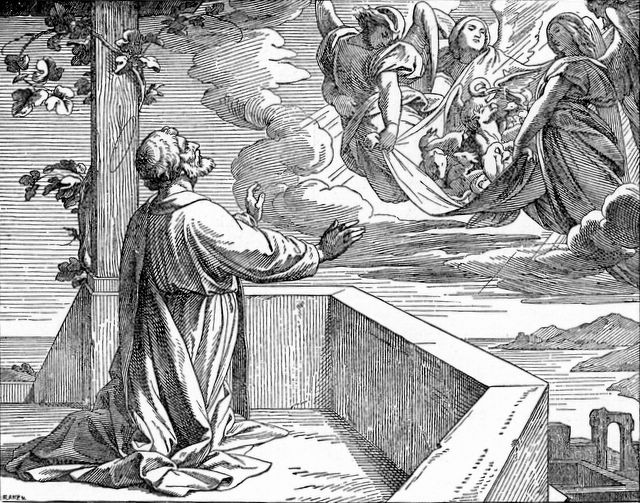by Laurie Gudim
When I worked for the mental health center on the Wind River Reservation, an Arapaho woman named Frances and I were asked to go to a training in Florida. Because our agency did not have a lot of money, our way was only paid from the airport in Salt Lake City, a drive of around five hours from my home in Lander.
I liked Frances a lot. But she had this unerring ability to find and expose the wide veins of racism in the rocky substrates of my psyche. For instance, when we first went out to lunch together she told me as we left the restaurant that she had taken the silverware from the tables next to us, “wrapped up in those cute little cloths and all”, and hidden it in her voluminous down coat. Alarmed, I looked back to where we had been sitting. She teased me for days about the expression that had been on my face.
A couple of weeks before the conference, Frances graciously invited me to ride with her to Salt Lake. When I accepted, she told me that her husband, Leroy, would be coming with us, so that the two of them could go sight seeing and gambling between conference sessions. Then she joked for days about how I was going to be scared to death by her “rez car” and her “mean Indian” husband.
On the morning of our trip, I discovered that, sure enough, her car was a battered, old Chevy sedan with no suspension and a piece of plastic taped where the rear window should have been. And there were already six people in there with Leroy – nieces and nephews and Frances’ parents – who would all be driving to Salt Lake City with us. Leroy sat in the driver’s seat, his hands curled around the steering wheel, and on the back of each finger was the fading ink of a prison tattoo.
I really didn’t want to get into that car. But Frances, I noticed, wasn’t teasing me anymore. Serious, almost frightened, she waited for my judgment. Would I really accept her and her family – or not?
It took a remarkable vision about eating unclean food, the promptings of the Holy Spirit, and a gleaming angel to get the centurion, Cornelius, and the apostle, Peter, together under Cornelius’ roof. Even though they lived near each other, relatively speaking, the divides between their worlds were huge.
Our most profound witness to God’s love is often expressed in simple moments. When, in crossing our own street, we cross into worlds very different from ours to befriend and be present to our neighbors, we are Christ’s hands and heart in the world. Sometimes these engagements can be risky. But they always expand our awareness, showing us a multitude of approaches to living a life, where true abundance can be found, and what the world looks like beyond our anxiety, in the peaceable kingdom of heaven.
Laurie Gudim is a writer and religious iconographer who lives in Fort Collins, CO. You can view some of her work at Everyday Mysteries.
Image: By Illustrator of Henry Davenport Northrop’s ‘Treasures of the Bible’, 1894 [Public domain], via Wikimedia Commons

